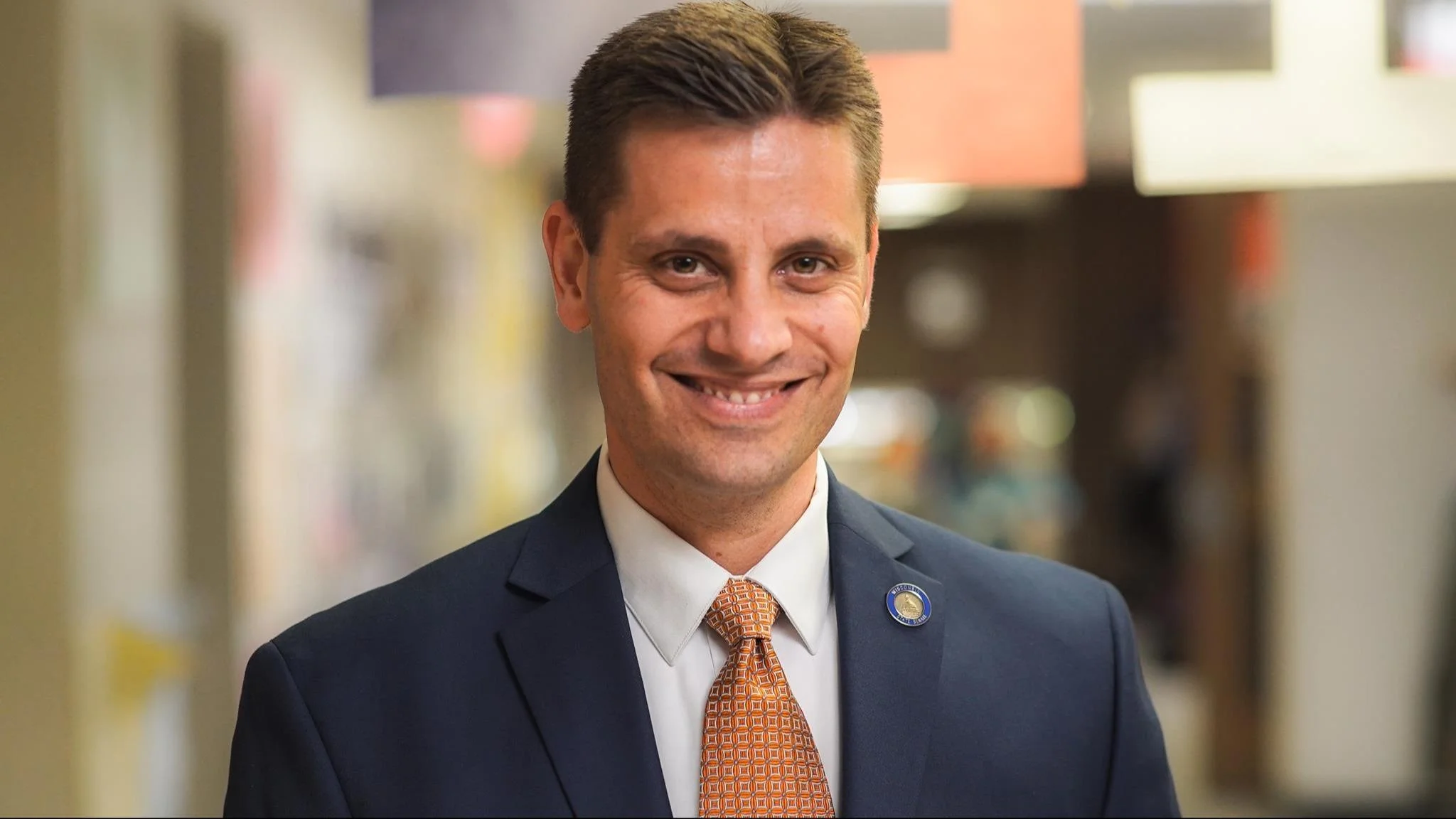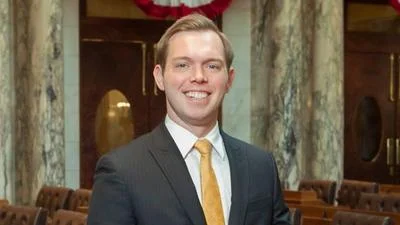Chris Kapenga, Wisconsin State Senator for 33rd District | Facebook
Chris Kapenga, Wisconsin State Senator for 33rd District | Facebook
According to the Wisconsin State Legislature's official website, the bill was described as follows: "the per pupil adjustment for school district revenue limits. (FE)".
The following is our breakdown, based on the actual bill text, and may include interpretation to clarify its provisions.
In essence, this bill amends the statutes related to school district revenue limits by eliminating the $325 per pupil adjustment in the revenue limit formula starting with the 2027-28 school year. Previously, school districts could increase their revenue per pupil each year by this adjustment, but the bill mandates no such increase from that school year onwards, effectively maintaining the revenue limits at the previous year's level. The changes apply to individual school districts and those that are consolidated. The bill takes effect on Jan. 1, 2027.
The bill was co-authored by Rep. Dave Maxey (Republican-83rd District), Sen. Julian Bradley (Republican-28th District), Sen. Rachael Cabral-Guevara (Republican-19th District), Sen. Rob Hutton (Republican-5th District), and Sen. John Jagler (Republican-13th District). It was co-sponsored by Rep. Scott Allen (Republican-82nd District), Rep. Elijah R. Behnke (Republican-6th District), and Rep. Lindee Rae Brill (Republican-27th District), along with 21 other co-sponsors.
Chris Kapenga has authored or co-authored another 27 bills since the beginning of the 2025 session, with none of them being enacted.
Kapenga graduated from Calvin College in 1994 with a BA.
Kapenga, a Republican, was elected to the Wisconsin State Senate in 2015 to represent the state's 33rd Senate district, replacing previous state senator Paul Farrow.
In Wisconsin, the legislative process starts when a senator, constituent, group, or agency proposes an idea for a bill. After drafting, the bill is introduced, numbered, and referred to a committee for review and public input. If approved, it moves through three readings and votes in both the Senate and Assembly. Once both chambers pass the same version, the bill goes to the governor, who can sign it, veto it, or let it become law without a signature. Only a small share of bills introduced each session ultimately become law. You can learn more about the Wisconsin legislative process here.
| Bill Number | Date Introduced | Short Description |
|---|---|---|
| SB389 | 08/11/2025 | The per pupil adjustment for school district revenue limits. (FE) |
| SB315 | 06/06/2025 | The minimum net worth requirement for licensed mortgage brokers |
| SB310 | 06/04/2025 | Time limits on local unit of government chief executive officer emergency power proclamations |
| SB295 | 05/30/2025 | The use of artificial intelligence or other machine assisted translation in court proceedings and of telephone or live audiovisual interpretation in criminal trials. (FE) |
| SB242 | 05/09/2025 | Required ratio of journeyworkers to apprentices in apprenticeship programs and contracts |






 Alerts Sign-up
Alerts Sign-up